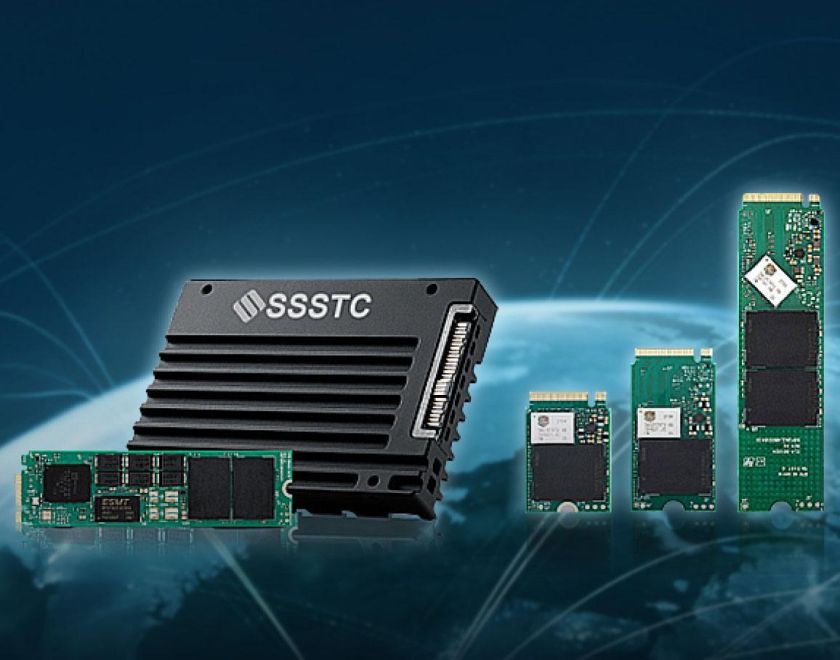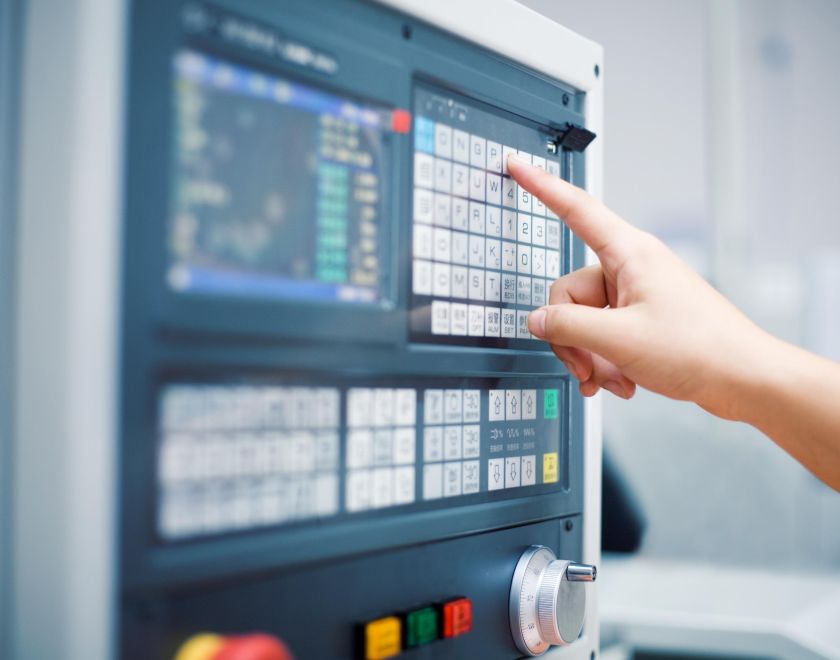2025-01-08
SSD University
The Difference Between Enterprise SSD and Industrial SSD
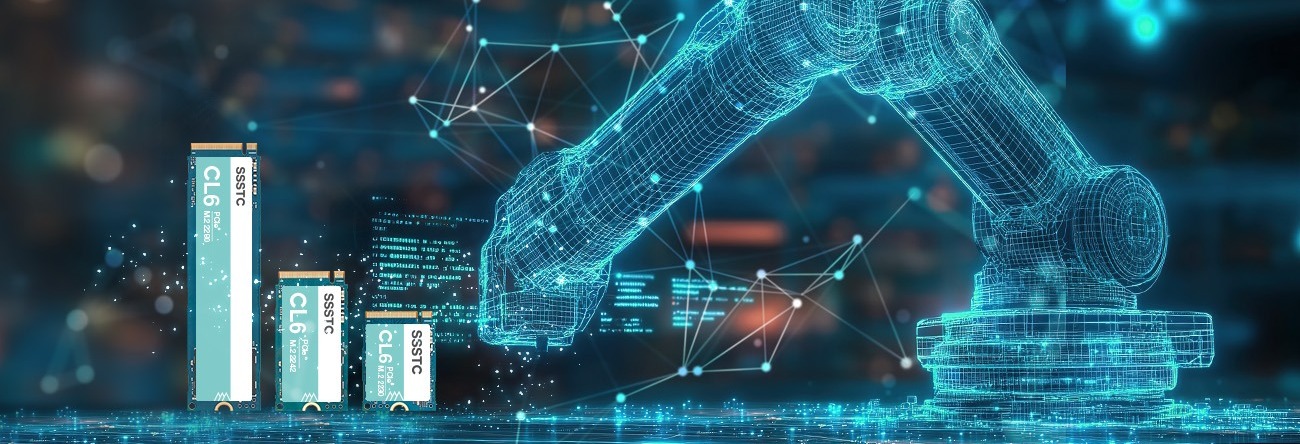
Enterprise-Grade SSDs vs Industrial-Grade SSDs
In the digital era, SSDs have become the backbone of enterprise storage solutions. According to market research, global SSD market size is projected to reach $80 billion by 2025, driven primarily by the demand from data centers and cloud computing. Additionally, with the proliferation of IoT devices, SSD applications are continually expanding. However, how do Enterprise SSDs differ from Industrial SSDs, and how should one choose the right SSD based on use cases? This article explores the core differences, application scenarios, and purchasing guidelines for Enterprise and Industrial SSDs.Differences between Enterprise SSDs and Industrial SSDs
-
Durability & Write Endurance (TBW & DWPD)
- Enterprise SSDs: To meet high data writing demands in data centers and servers, Enterprise SSDs feature exceptional TBW. They also offer a significantly high DWPD, commonly achieving 3 DWPD or higher, making them ideal for high-frequency cyclic writing applications.
- Industrial SSDs: Although their TBW is lower compared to Enterprise SSDs, it is still higher than consumer-grade SSDs. Designed for prolonged stable performance, Industrial SSDs excel even in extreme environments.
-
Operating Environment
- Enterprise SSDs: Optimized for controlled environments such as data centers, these SSDs deliver sustained performance within narrow operating temperature ranges (0°C to 70°C).
- Industrial SSDs: Capable of operating across extreme temperature ranges:Wide Temperature (I-temp,-40°C to +85°C), Industrial SSDs are built for rugged environments. With strong shock and vibration resistance, they are ideal for use in transportation, aviation, and industrial automation.
Learn more:Solid State Storage Industrial Grade Wide Temperature (I-temp) SSD Solutions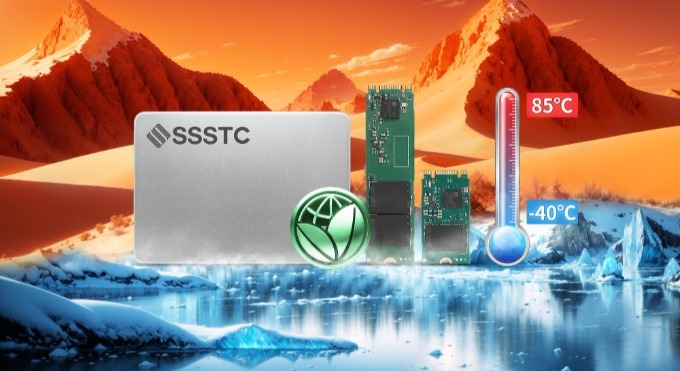
-
Performance & Latency
- Enterprise SSDs: Known for high IOPS (Input/Output Operations Per Second), low latency, and stable QoS(Quality of Service). This design supports millions of simultaneous user requests and is ideal for latency-sensitive applications, such as real-time data analytics and financial transactions.
- Industrial SSDs: While they may lag behind Enterprise SSDs in latency, their stability and reliability meet the demands of automation systems and rugged conditions.
-
Data Protection & Encryption
- Enterprise SSDs: Equipped with advanced data security features such as End-to-End Data Protection (E2E), AES-256 encryption, and Power Loss Protection (PLP), these SSDs cater to data-sensitive business requirements.
- Industrial SSDs: Similarly, they include ECC (Error Correction Code) and PLP but focus more on shock and vibration resistance for enhanced durability.
Application Scenarios for Enterprise SSDs and Industrial SSDs
- Enterprise SSDs:
These are suitable for scenarios requiring high performance and stable data processing, such as data centers, large databases, cloud computing, and high-performance server environments.
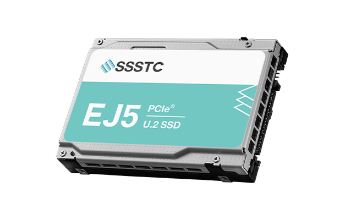
EJ5 Series:Designed for AI, Machine Learning (ML), virtualization, and real-time data analytics.
Read-intensive (1 DWPD for 5 years): 3840GB / 7680GB / 15360GB
Mixed-use (3 DWPD for 5 years): 3200GB / 6400GB / 12800GB
Mixed-use (3 DWPD for 5 years): 3200GB / 6400GB / 12800GB
- Industrial SSDs:
These are widely utilized in industrial automation, transportation, medical devices, and military equipment. Their durability and low power consumption allow stable operation under high-temperature, high-pressure, and frequent vibration environments, providing highly reliable data support.
CL6 Series: Utilizing KIOXIA's 6th Gen BiCS FLASH technology.
NAND Flash Type: 3D TLC NAND Flash
Interface: PCIe® Gen4 x4
Sequential Read Speed: Up to 6,800 MB/s
Sequential Write Speed: Up to 4,800 MB/s
SSD Selection Advice
- Read/Write Requirements: For handling high data writing workloads and demanding high performance and low latency, such as big data analytics and financial computing, Enterprise SSDs are the ideal choice.
- Operating Environment: For devices operating in extreme physical or environmental conditions requiring stability and durability, such as smart factories and aerospace equipment, Industrial SSDs are recommended.
SSSTC SSD Solutions for Different Needs
Enterprise SSDs and Industrial SSDs each possess specialized features and application areas. When selecting SSDs, business users must weigh their actual needs and budgets. SSSTC (A subsidiary of KIOXIA Corporation), as a leading brand in both Industrial and Enterprise SSDs, ensures all its product lines utilize world-class Kioxia NAND flash memory. SSSTC is dedicated to delivering customized storage solutions to meet diverse requirements.
SSSTC provides the best quality, competitive cost mainstream storage products with superior customized service,using KIOXIA top-quality, reputable NAND flash memory in all our SSD products.Contact us to find more enterprise SSD or industrial SSD solutions.


__24C05D67dI.webp)
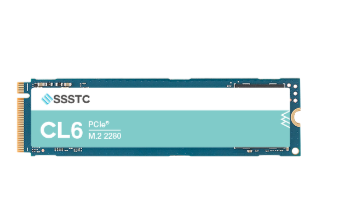
__24C15hqqtC.png)
__24C15wOdCC.png)

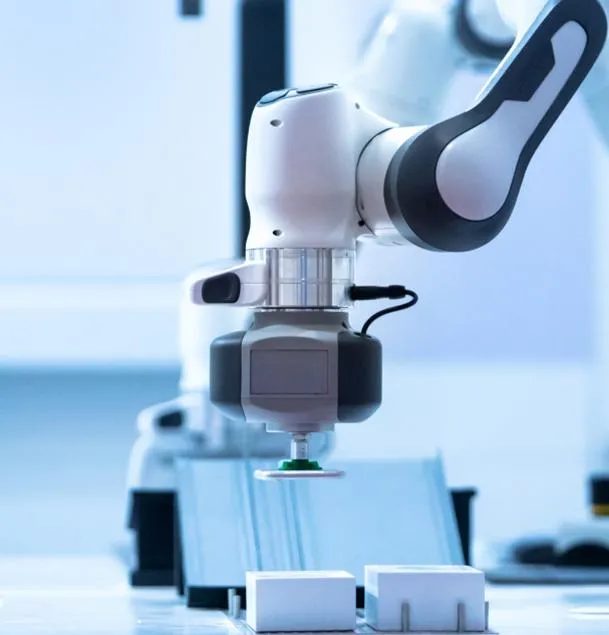
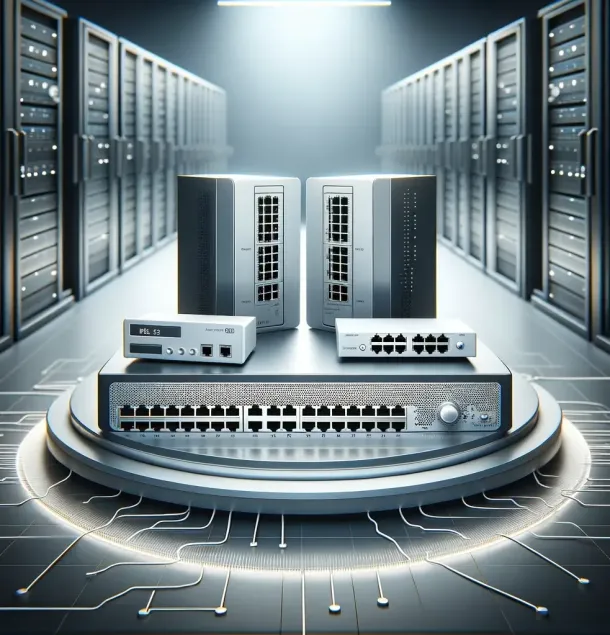


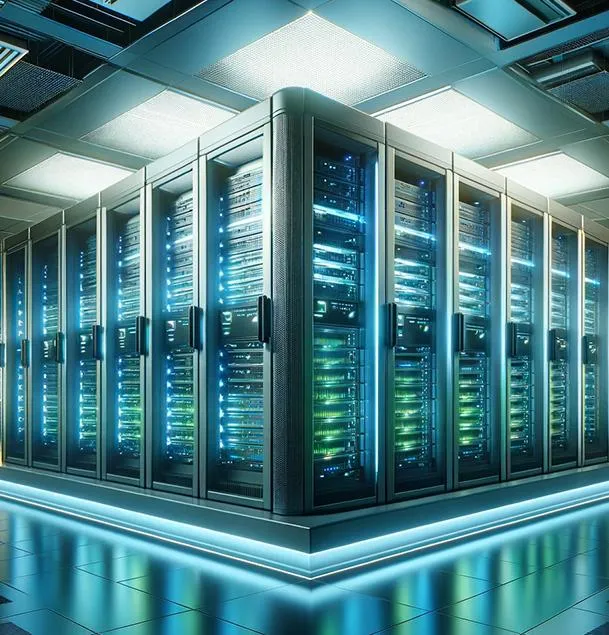


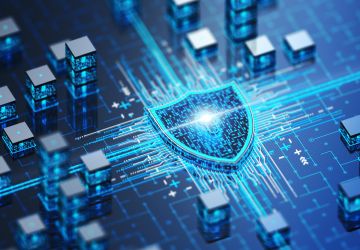
__24C05XQ2my.jpg)
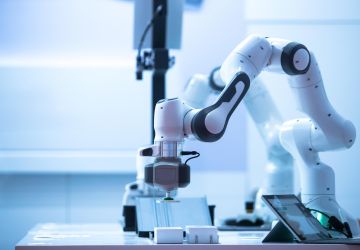

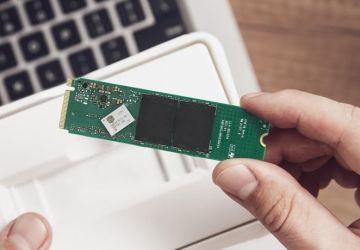



__24C05fplcZ.png)
__24C05vgHYC.png)
